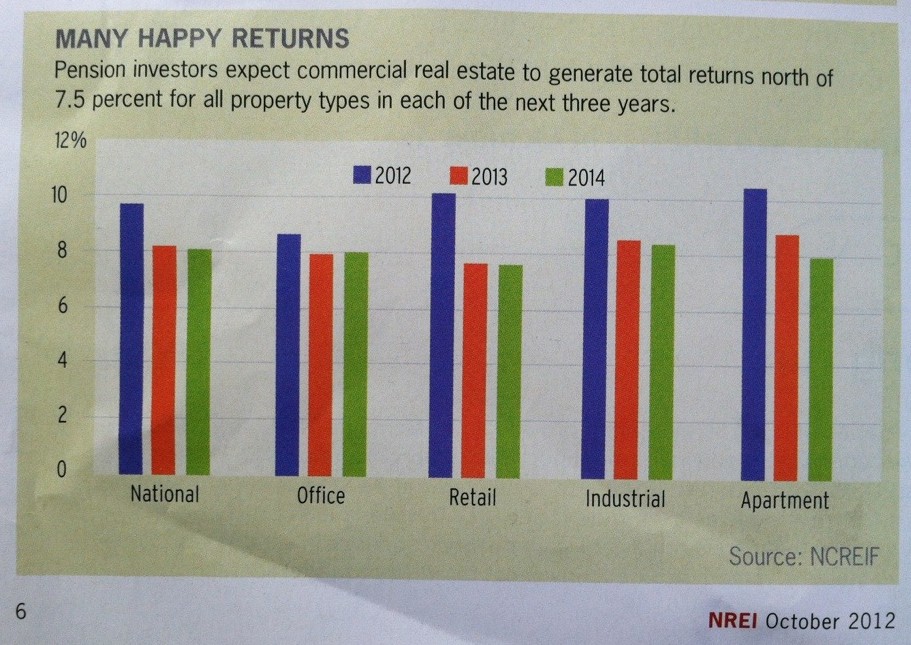All of my clients want to earn a reasonable rate of return on their passive real estate investments but more and more they also want to do something good if they can at the same time. Enter Social Investing. While real estate is not the norm in social investing there are several commercial real estate investments that provide safe, secure long term yield while at the same time doing something to help other people and/or the environment. Here are a few of the investments my clients are considering when investing in commercial real estate in a socially  and environmentally conscious way:
and environmentally conscious way:
- Green and LEED certified buildings
- Historic Preservation and Rehabilitation
- Community Investments such as non-profit tenanted buildings and conservation easements
- Buildings with solar features, gray water systems and/or green roofs
- EnergyStar certified buildings
Contact TMO for assistance in planning your next social investment in real estate. email or 1.866.539.1777
Here is some general info about Social Investing.
Social Investing Definitions:
• Socially responsible investing, also known as socially-conscious or ethical investing, describes an investment strategy which seeks to maximize both financial return and social good. Source
• Limiting one's investment alternatives to securities of firms whose products or actions are considered socially acceptable Source
• Social investing is the deliberate effort to invest money in financial securities that reflect your personal social attitudes while avoiding financial securities that support things you disagree with. It can also reflect religious, political or environmental beliefs as well. Social investing stems from the philosophy that financial support of something is the same as endorsing it. Source
Contact TMO for assistance in planning your next social investment in real estate. email or 1.866.539.1777
Most Relevant Sites on Social Investing and Social Investments:
1. What Is Social Investing? Discusses Identification, Significance, Geography, Effects and Considerations of Social Investing. http://www.ehow.com/about_4614985_what-social-investing.html
2. Social Investing Business Ethics. The Magazine of corporate responsibility http://business-ethics.com/
3. Socially responsible investing (wikipedia) Wikipedia information about Social Investing http://en.wikipedia.org/wiki/Socially_responsible_investing
4. Social Investment Forum The Social Investment Forum (SIF) is the US membership association for professionals, firms, institutions and organizations engaged in socially responsible and sustainable investing. SIF and its members advance investment practices that consider environmental, social and corporate governance criteria to generate long-term competitive financial returns and positive societal impact. http://www.socialinvest.org/
Contact TMO for assistance in planning your next social investment in real estate. email or 1.866.539.1777



 Ground lease investment properties are some of the most unique types of NNN opportunities.
While a regular "fee simple"
Ground lease investment properties are some of the most unique types of NNN opportunities.
While a regular "fee simple" 
